Thanksgiving Turkey: 4 Rules for Buying Plus Turkey Recipe for Oven – Here are the 4 best rules for choosing a clean, healthy, and delicious Thanksgiving turkey! Plus, we threw in our favorite Turkey Recipe for Oven as well.
If you’re looking for a tender and juicy turkey that you can enjoy while sticking to a clean eating diet, this article is a must read! Let’s get into the details.
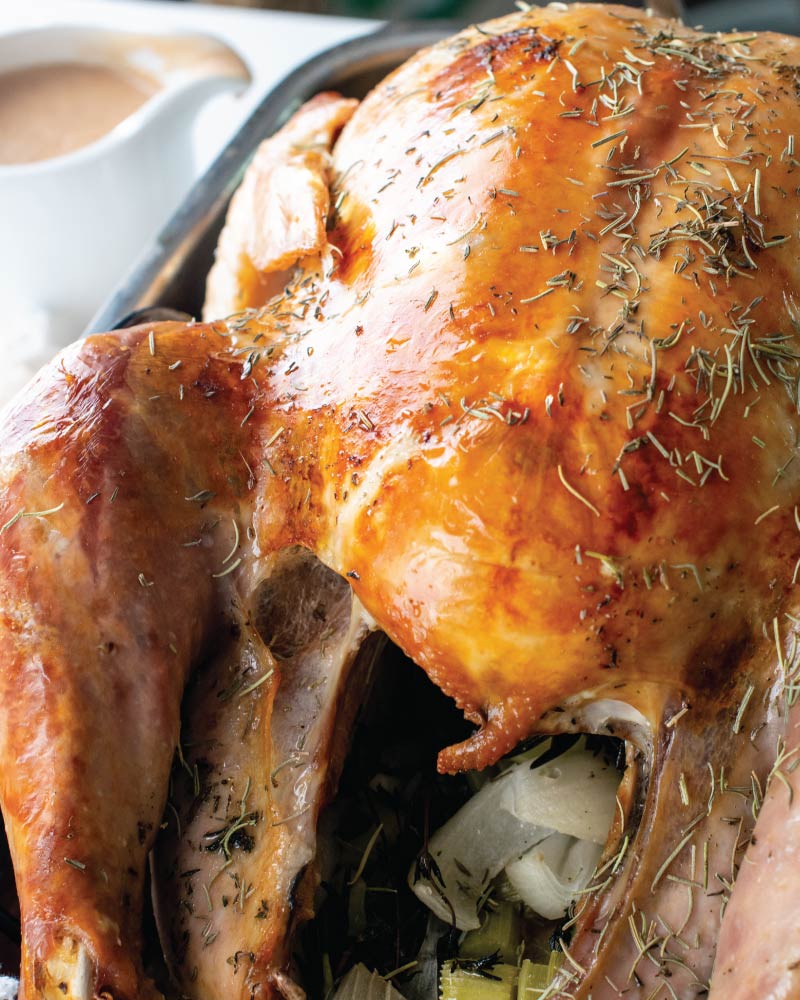
- What is the best-tasting (and healthiest) Thanksgiving turkey to buy?
- The 4 Rules to Buying the Very Best Thanksgiving Turkey
- Rule #2 Look for a “Pasture Raised” Turkey
- Rule #3 Turkeys Should Not Be Vegetarian
- Rule #4 “Organic” Is Not Necessarily the Best
- What About a Heritage Turkey?
- Is Kosher Turkey a Good Choice?
- 3 Thanksgiving Turkey-Buying Resources
- Our Favorite Thanksgiving Turkey Choice
- Choosing Your Thanksgiving Turkey
- A Complete “Clean Cuisine” Thanksgiving Menu (Featuring 10 Superfoods)
- How to Make the Best Turkey Recipe for Oven
- Kitchen Favorites
What is the best-tasting (and healthiest) Thanksgiving turkey to buy?
Clean Cuisine is a clean eating website with a focus on anti-inflammatory foods. Therefore, our Thanksgiving Turkey follows the same guidelines as the rest of our site.
We definitely care about eating good, clean and healthy foods — but equally as important, is the best-tasting.
The decision is no longer as simple as deciding between a fresh bird or a frozen one. These days, you really have to know what to look for if you want to get the best Thanksgiving turkey. That’s the bad news.
The good news is, whether you want the healthiest Thanksgiving turkey or the best-tasting one, the same rules apply.
By the way, the same basic rules apply to buying the healthiest and best-tasting chicken too. So it’s a good idea to commit the following rules to memory for the rest of the year.
Luckily, there are only four rules to follow…
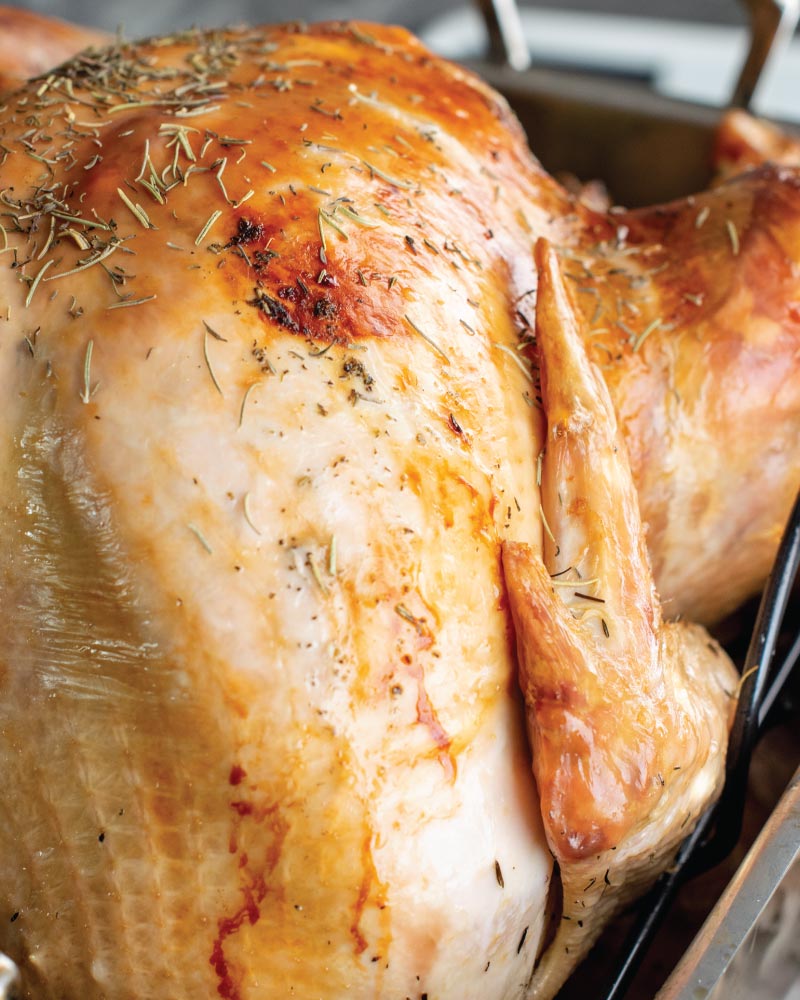
The 4 Rules to Buying the Very Best Thanksgiving Turkey
Rule #1: Talk to the Farmer or Grocer
When it comes to choosing the best quality animal foods, it is very important to know the farm and farmer. As you will read below, current labeling laws can be highly misleading.
Without question, you will get the best Thanksgiving turkey if you make an effort to talk to your grocer. Or even better, talk directly to the turkey farmer. It’s important to find out exactly how the turkeys were actually raised. This should include: what they were fed and their living conditions.
What Does “Free Range” and “Cage Free” Really Mean?
“Free range” and “cage free” do not mean that your turkey has been living the active and outdoor life.
For farmers to label poultry as “free-range or free-roaming” they must meet this simple guidelines. “Producers must demonstrate to the Agency that the poultry has been allowed access to the outside.”
Technically, the turkeys simply have to have a door out of their confinement pens. However, they don’t have to necessarily walk through that door to meet the requirements.
There is also absolutely no mention of whether the turkeys had access to green pasture. We believe pasture-raised is essential for the overall health (and taste) of the turkey meat.
Some producers interpret “access to the outside” as a small door on an end-wall of a 100 ft. long shed. This shed could be filled with un-caged birds moving about freely on a litter-covered floor. Other farmers think they are compliant if the birds are outside in the open air and under the sun; even if their “range” is bare dirt, not pasture.
Rule #2: Look for a “Pasture Raised” Turkey
Instead of a “free range” or “cage free” bird, I prefer a Thanksgiving turkey that is raised the good old-fashioned way! Outdoors and on a fresh pasture.
The turkey should have a diet consisting of plenty of nutrient-rich and antioxidant-rich green grass. This will ensure they have the ability to forage for worms, bugs and insects.
Thanksgiving Turkey Raised the Old Fashioned Way
Not only will a thanksgiving turkey raised the good old fashioned way be more flavorful and moist, the turkey meat itself will be considerably healthier than conventional turkey meat. The turkey’s diet will directly reflect the health of the turkey. Which ultimately affects the health of the person who eats it.
Turkey that is fed a nutrient-rich natural turkey diet and raised outdoors in a clean, fresh environment, doesn’t need to be fed low-dose antibiotics. Which is what conventionally raised turkeys are fed to keep from getting sick.
The meat from a turkey that is pasture raised will have a much more favorable fat profile. Meaning it will have considerably more anti-inflammatory omega-3 fats and much less pro-inflammatory omega-6 fats.
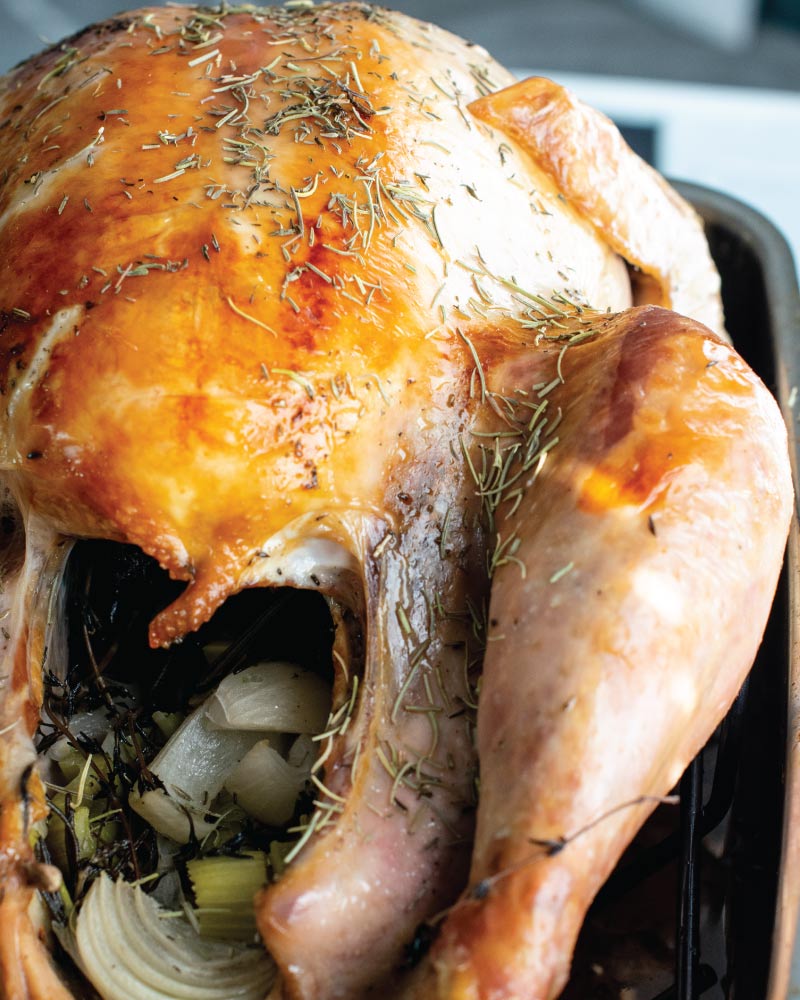
A Quick Note About Omega-3 and Omega-6’s
The omega-3/ omega-6 ratio in our food supply has HUGE implications on human health. Getting more pro-inflammatory omega-6 fat directly contributes to the worsening of inflammatory conditions. It also promotes heart disease and decreases your body’s sensitivity to insulin. Thus making it difficult to maintain a healthy body weight and even contributing to type 2 diabetes.
Thanks to their grass-rich diets, a pasture raised turkey will also have more nutrients than their conventionally-raised cousins. Particularly more antioxidants from vitamin E and vitamin A.
Rule #3: Turkeys Should Not Be Vegetarian
I have to admit, the sound of a “vegetarian-fed turkey” certainly has a nice healthy ring to it. No turkey should not be a vegetarian. More on this in a minute.
Turkeys Need Complete Protein
All turkeys need plenty of green pasture, but just like chickens, they also need complete protein and they need to be able to forage for worms, bugs and insects. Raising a turkey on a vegetarian diet is a deviant diet from what the turkey would eat in the wild and the turkey simply will not be as healthy as it should be.
A vegetarian turkey is also much more likely to get sick and need antibiotics. Then, the turkey will be given low-dose antibiotics for a lifetime in order to keep illness at bay.
Inappropriately feeding animals a deviant diet of dry grain is a direct contributor to those animals developing pathogens such as E. coli and salmonella.
While a “vegetarian-fed turkey” will not be fed other ground up animal parts, it is still a very misleading marketing gimmick to advertise a Thanksgiving turkey as being fed a vegetarian diet.
And of course a vegetarian turkey will be lacking the rich, deep and full-bodied flavor you would otherwise get from a turkey raised the way nature intended, on pasture.
Rule #4: “Organic” Is Not Necessarily the Best
An organic Thanksgiving turkey is second best to a pastured turkey. An organic turkey is still a better choice than a conventional one, but it still is not the absolute healthiest or best-tasting.
Organic does not guarantee healthy
The thing is, just because a turkey is organic does NOT guarantee it has been raised in a natural, healthful lifestyle. Unless your organic turkey is also “pasture raised”, then you can be pretty much assured it was not able to forage for worms, bugs and insects and did not have access to nutrient-rich green pasture.
Which means it was not fed a “natural” turkey diet. A comparison can be made to raising a child on a diet rich in foods like organic pretzels, organic cereal and organic crackers; I suppose it is better that the foods were organic, but those processed, empty-calorie foods are a far cry from optimal!
Benefits of an Organic Turkey
Selecting an organic turkey does however mean that your Thanksgiving turkey will have not been fed GMO grain.
The main problem with antibiotics given to livestock is that what does not kill the bacteria often makes them stronger and more likely to become resistant to modern medical treatment.
In fact, studies have found that pathogens isolated from conventionally raised poultry are more likely to be antibiotic resistant than those isolated from organically raised birds.
The Huffington Post published a great article HERE that goes into more detail on the widespread use and repercussions of “drugged-up Thanksgiving turkeys.” The fact that organic Thanksgiving turkeys are free from antibiotics definitely makes them a healthier choice than conventionally raised turkeys, but keep in mind it doesn’t necessarily mean they will taste any better.
A Note About the “Raised Without Hormones” Label
Organic turkeys will also be free of hormones. However, since hormones are not allowed in raising poultry, the whole idea of marketing a Thanksgiving turkey as “raised without the use of hormones” is somewhat misleading. This can imply that conventional turkeys have hormones, which they don’t.
Technically, such a claim is not allowed to be made unless followed by a statement that says, “Federal regulations do not permit the use of hormones in poultry.”
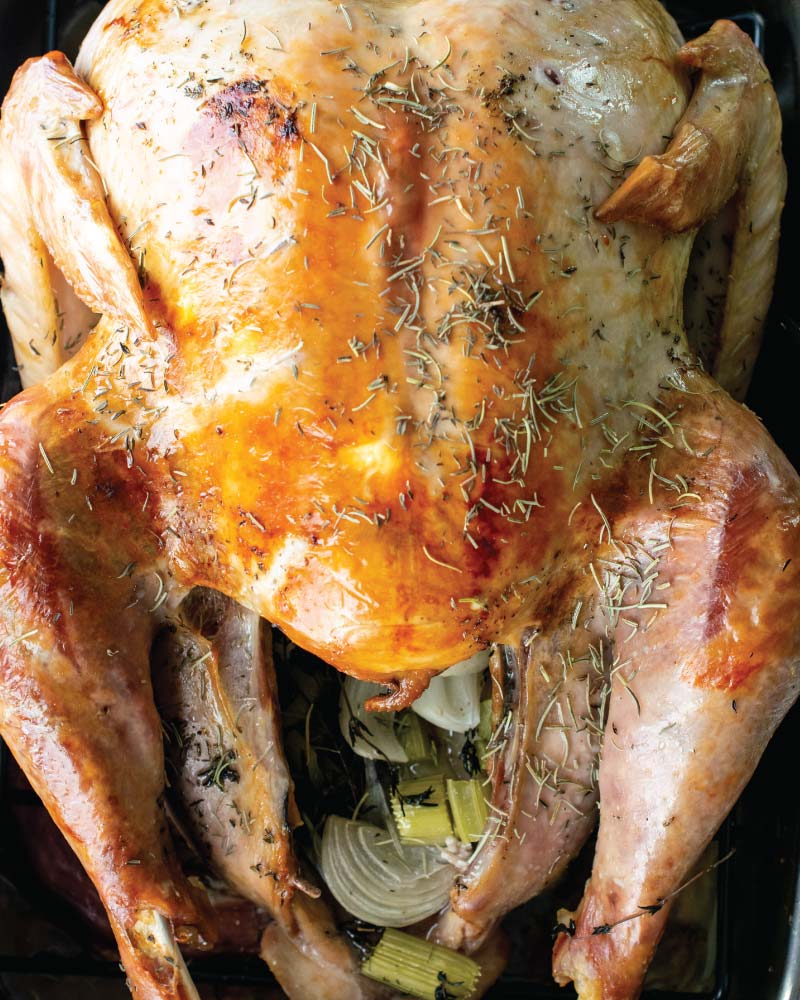
What About a Heritage Turkey?
A heritage turkey is one of a variety of strains of domestic turkey which were once almost extinct. These birds have exceptionally healthy immune systems and easier for farmers to raise on pasture. Heritage turkeys are always raised outdoors with plenty of sunshine, access to pasture and fresh air.
However, the farmers who mass-produce heritage turkeys do not raise their birds entirely the way nature intended. They are still fed a primarily vegetarian diet consisting of corn, soybean meal and supplemental vitamins and minerals.
The problem is, this “vegetarian diet” has way too much pro-inflammatory omega-6 fat and way too little anti-inflammatory omega-3 fat. It does not consist of the natural diet a heritage turkey would get in the wild. So, if you do buy a heritage turkey, you want to make sure you get one that is raised primarily on pasture.
Heritage Turkeys have the best flavor
As for taste, the foodies will insist a heritage turkey is the best-tasting. Prized for its succulent meat and rich-tasting, delicious flavor, the heritage turkeys are a favorite with gourmet enthusiasts.
Unlike conventional birds, which are typically injected with a solution of water, salt, preservatives and flavorings during the packaging process, a heritage bird is all natural and does not contain additives.
Is Kosher Turkey a Good Choice?
A kosher turkey is not healthier than a conventional turkey from a nutritional standpoint, but it does taste better. The koshering process, which involves soaking the meat in brine and then rubbing it with coarse kosher salt, accounts for what many consider the superior flavor, texture, and juiciness of kosher turkey.
While I don’t buy kosher turkey for our Thanksgiving meal, I do always brine my turkey and it definitely makes a huge difference. Alton Brown has a great basic recipe to both brine and roast the perfect Thanksgiving turkey HERE.
3 Thanksgiving Turkey-Buying Resources
#1: Slow Food USA
This website features “The Arc of Taste Thanksgiving Collection” with a number of food items that are from good, clean, fair producers, including heritage turkeys.
#2: Slanker Grass Fed Meat
This website sells a wide variety of sizes of authentic pastured turkeys, both Heritage and Whites.
#3: White Oak Pastures
White Oak Pastures is a multi-generational family farm offering a wide selection of pasture-raised turkey, beef, chicken and more.
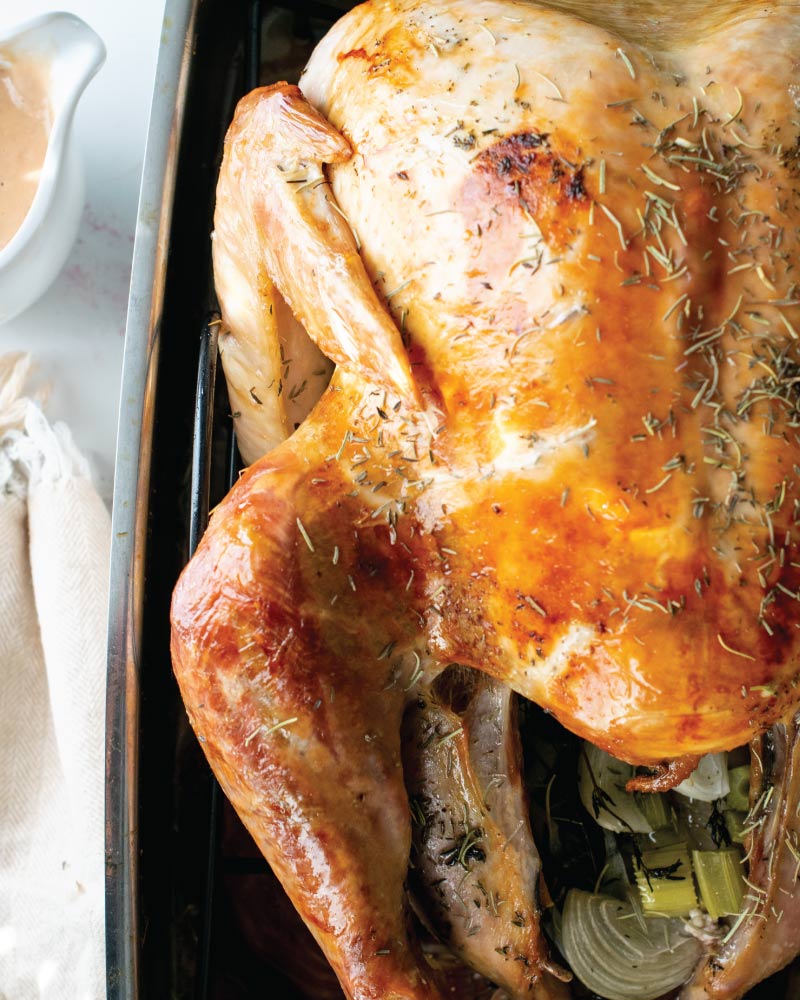
Our Favorite Thanksgiving Turkey Choice
The main downside to a heritage turkey is the cost. Unfortunately, a heritage turkey can often be much more costly than a regular pastured turkey.
Choosing Your Thanksgiving Turkey
If you are choosing your Thanksgiving turkey based on what would be the healthiest option, I would choose a heritage turkey or a pastured turkey.
However, if you are primarily concerned with taste, then the heritage turkey will probably be your best bet. Of course the ultimate for both taste and nutrition would be a pastured heritage turkey.
A Complete “Clean Cuisine” Thanksgiving Menu (Featuring 10 Superfoods)
Last but not least, I just had to share my complete Clean Cuisine Thanksgiving menu with you. I developed these recipes back in 2009 for a special feature assignment for Natural Health magazine and Dr. Oz.
The entire menu was to be gluten-free and dairy-free and also incorporate 10 of Dr. Oz’s favorite superfoods (such as coconut, kale, pomegranate, etc.)
The assignment was definitely a challenge, but the meal was so incredibly delicious that it has become our staple family Thanksgiving feast ever since.
Click HERE to see the full menu and recipes.
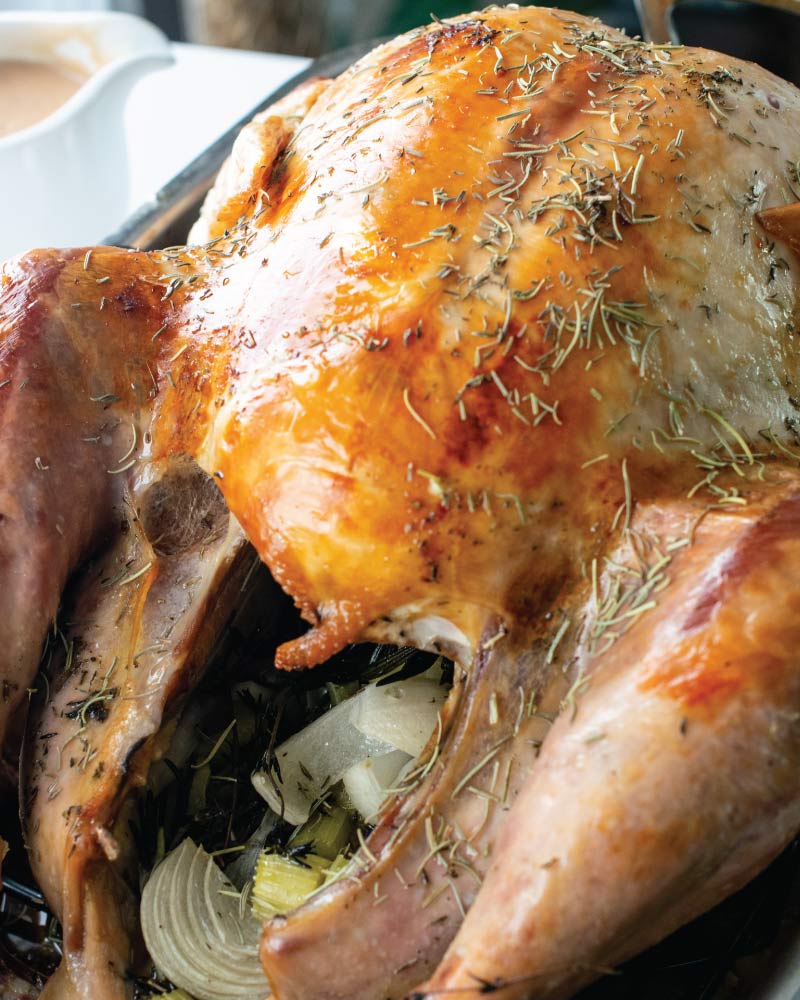
How to Make the Best Turkey Recipe for Oven
So…you’ve bought a clean and healthy, pastured turkey sitting in your fridge ready to cook up. Now what? How to make a delicious Turkey Recipe for Oven of course!
Here are our top tips for making the juiciest and tastiest turkey you and your guests are going to LOVE:
#1: Brine your Turkey
The first step to a juicy and flavorful turkey is to soak it in brine for at least 8 hours before cooking. This gives the meat time to absorb flavor, and moisture! Our brine is filled with fresh herbs and garlic cloves!
#2: Stuff your Turkey
A critical part that many people leave out, stuffing your turkey with fresh veggies, herbs, and seasoning will add lots of flavor and contribute to the moisture! It also makes your turkey much more aesthetic for presentation purposes.
#3: Inject some Flavor
Optional, but in our book, a HUGE upgrade in flavor and moisture, injecting your turkey with an oil-based herb marinade is an easy way to up your turkey game. If you’ve never tried injecting your turkey before, there’s no better time than now!
#4: Finish Off with a Delicious Gravy
Okay, while this isn’t technically a part of making a great turkey, it really is a great way to add some extra flavor and moisture afterwards! If you want a creamy and delicious, totally memorable Easy Gravy Recipe for Turkey, you’ve got to try our recipe!
Ready for the full recipe? Let’s get into the details!
Turkey Recipe for Oven
If you’re looking for a tender and juicy turkey that you can enjoy while sticking to a clean eating diet, this article is a must read!
- Prep Time: 8.5 hours
- Cook Time: 3.5-5.25 hours
- Total Time: 12-17 hours
- Yield: 17–24 servings 1x
Ingredients
*All measurements are based upon a 17.5 pound turkey
TURKEY BRINE
- Chicken broth, enough to cover turkey (mine took 13 cups)
- 1 tablespoon Himalayan pink salt
- 10 garlic cloves
- 5 sprigs fresh thyme
- 2–3 large sprigs rosemary
- 4 sage leafs
HERB TURKEY INJECTION
- 1/2 cup olive oil
- 8 garlic cloves
- 1 teaspoon fresh rosemary
- 1 teaspoon fresh thyme
- 1 teaspoon Himalayan pink salt
TURKEY STUFFING
- 1 large or 2 small sweet onions
- 3 ribs celery
- 6 garlic cloves
- 3 sprigs rosemary
Instructions
- Begin by thawing your turkey (if frozen), and rinsing.
- Mix ingredients for Turkey Brine in a large pot that you can fit in your fridge. Place turkey in brine, and allow to soak overnight in the refrigerator (8-12 hours).
- Once finished soaking in brine, place turkey in roaster pan (preferably one with a lid included), and preheat oven to 325ºF.
- Combine ingredients for turkey injection, and blend with a stick blender until smooth and creamy.
- Place in turkey injector, and inject evenly throughout the entire turkey.
- Chop celery and onions, and place all ingredients for stuffing inside the turkey.
- Cover your turkey (preferably with a lid for lower toxins, but aluminum foil or a bag work the same if you’re in a pinch), and place in the oven to cook. (Cook time is completely dependent on the size of your turkey).
- Remove cover 30 minutes before turkey is ready to brown skin.
- Remove from oven, drizzle in gravy, and serve. Enjoy!
Last Step! If you loved our recipe, leave us a review below. This helps future recipe makers and ensures continued high-quality recipes for years to come!

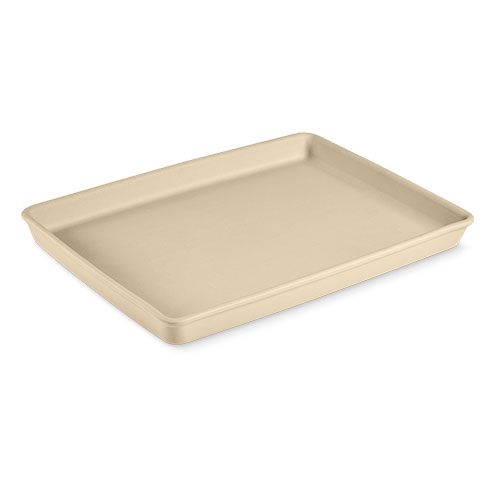
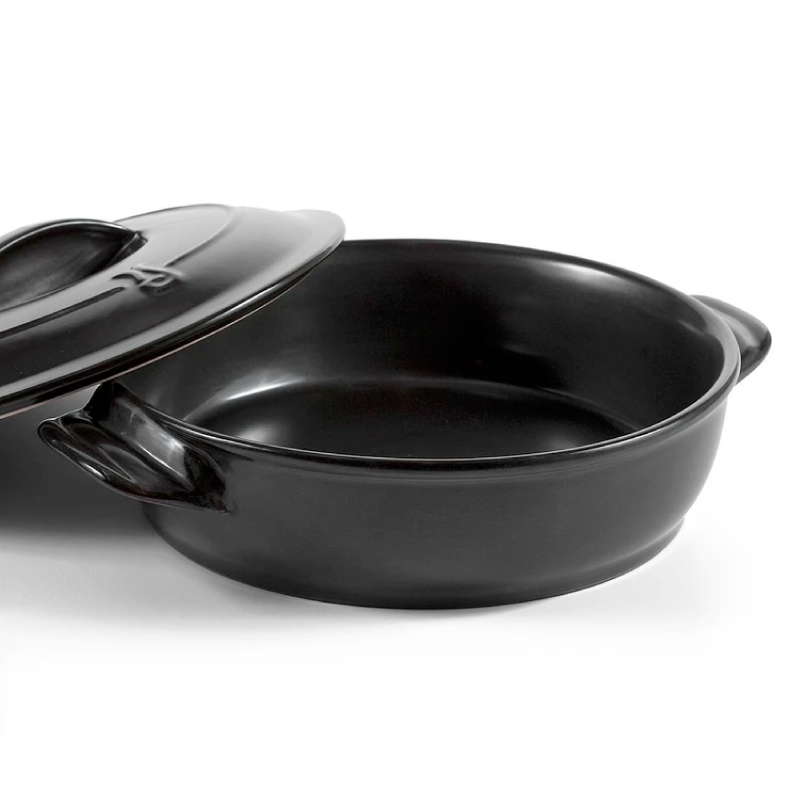
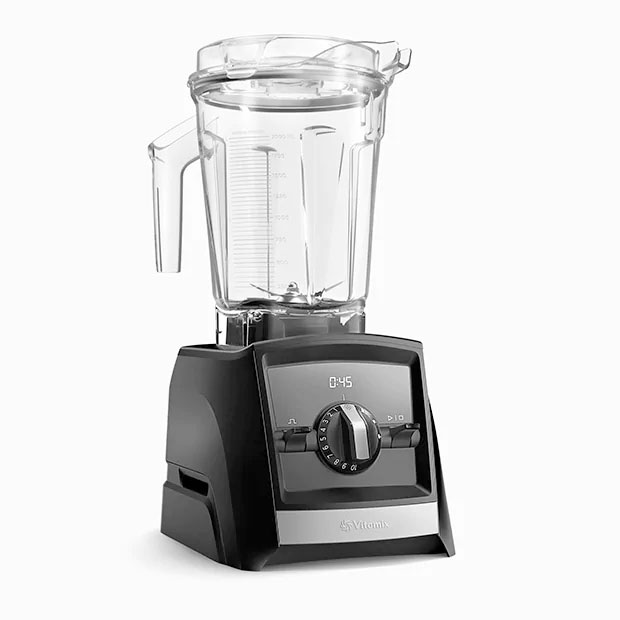
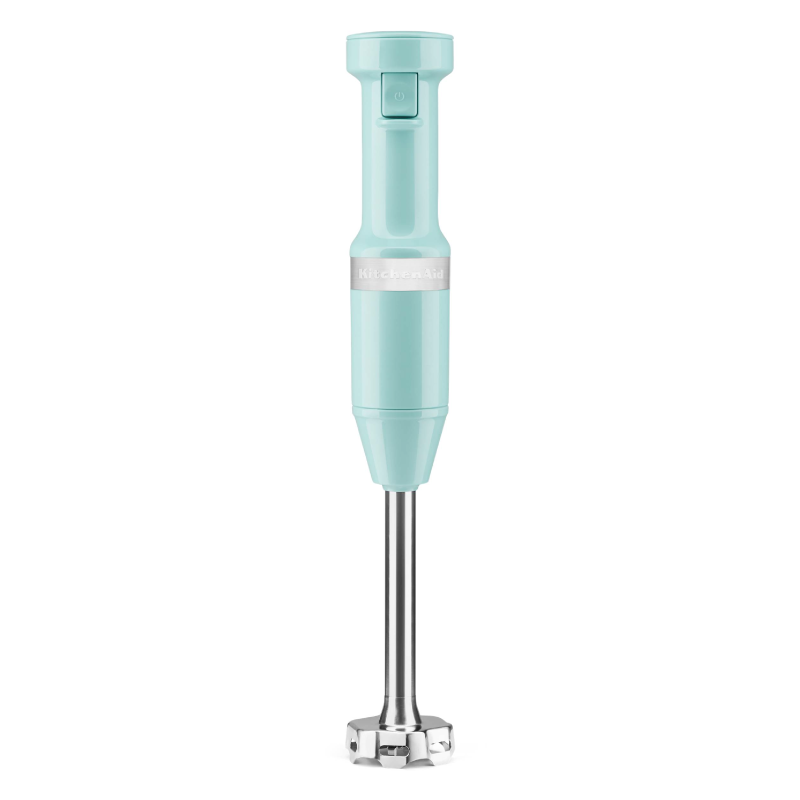
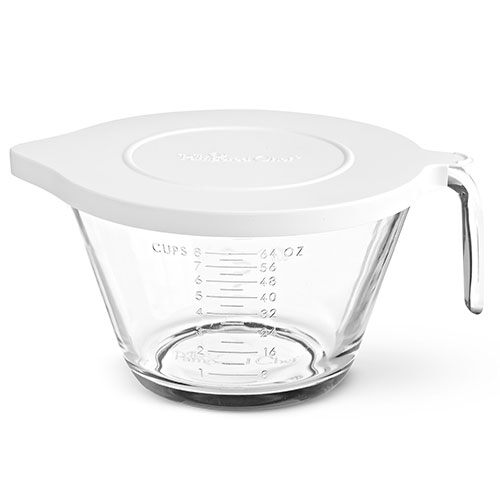

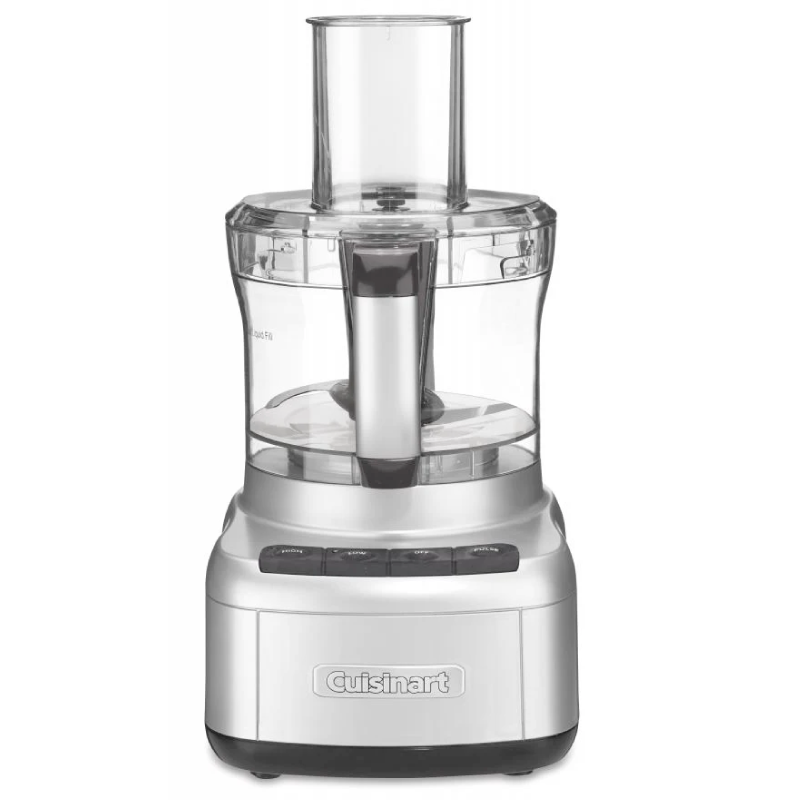

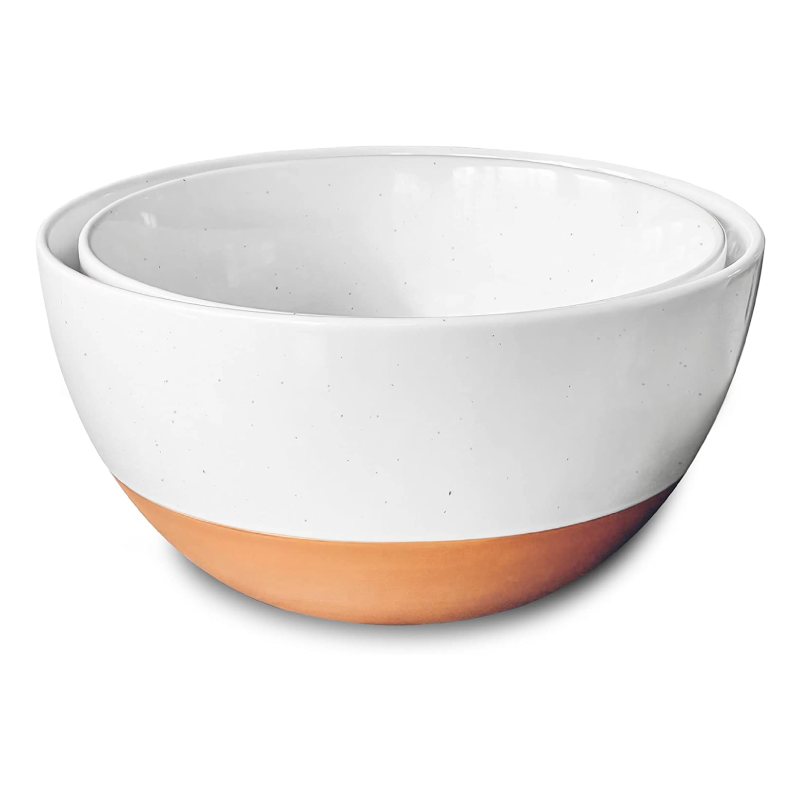
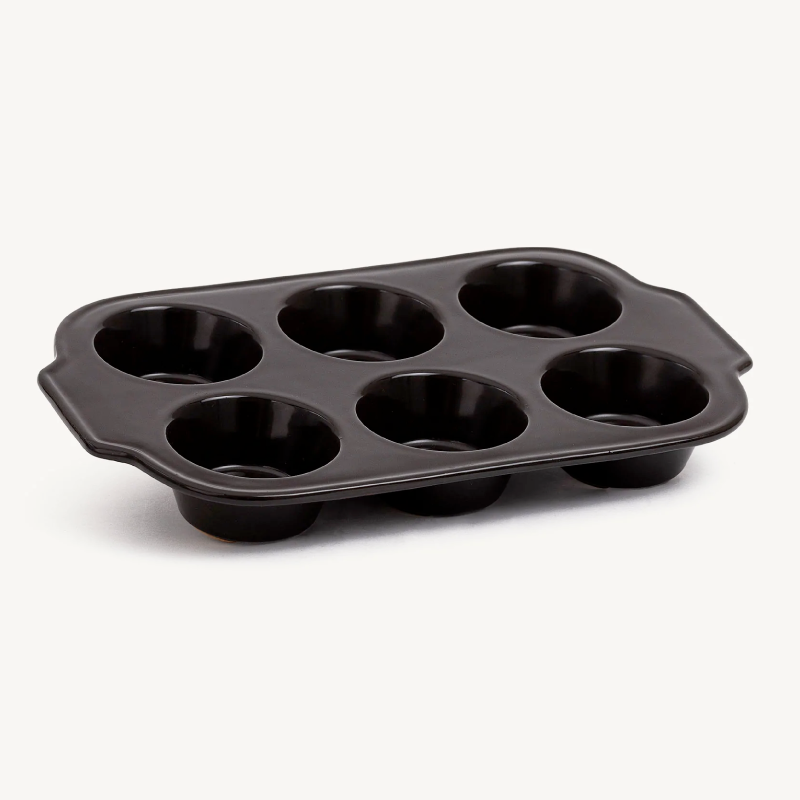
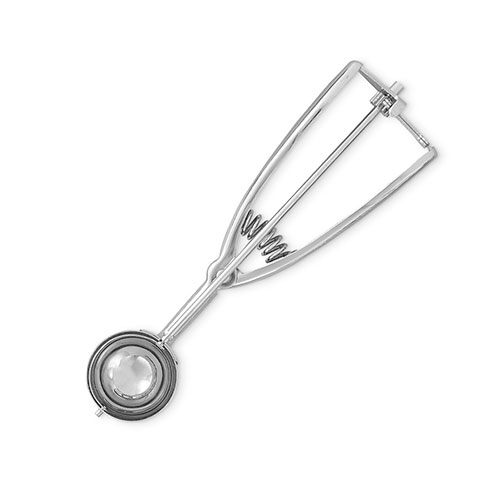

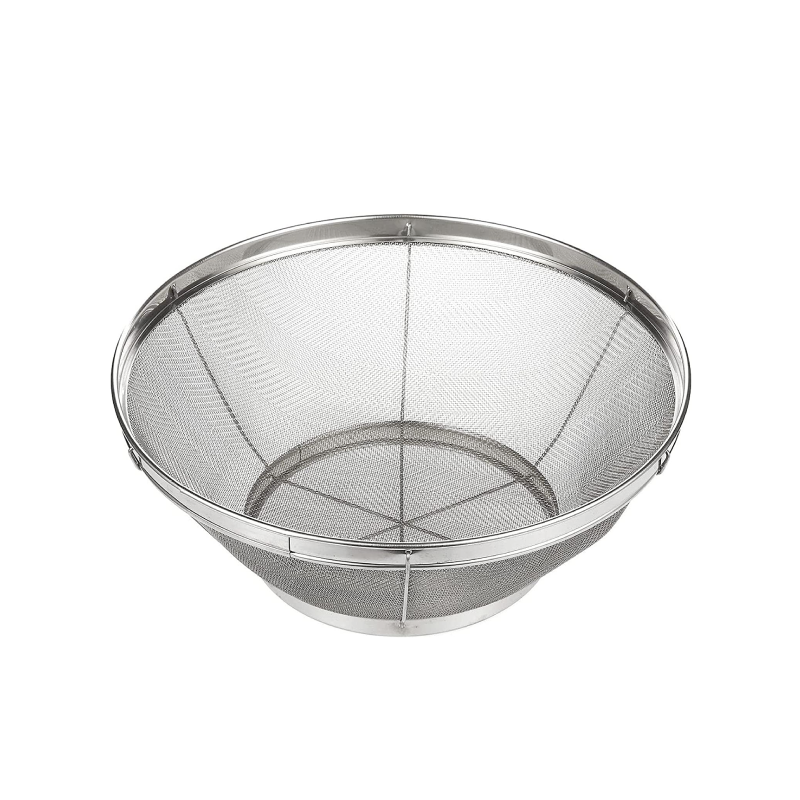
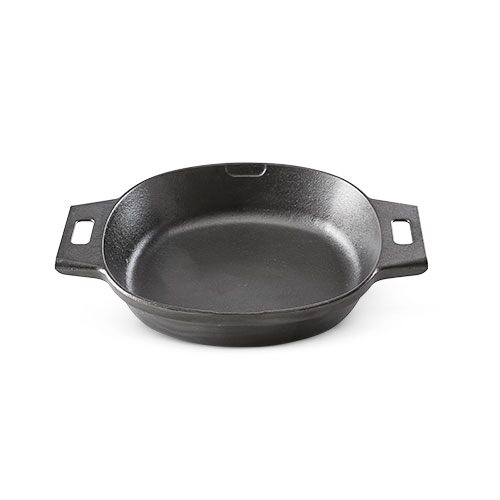
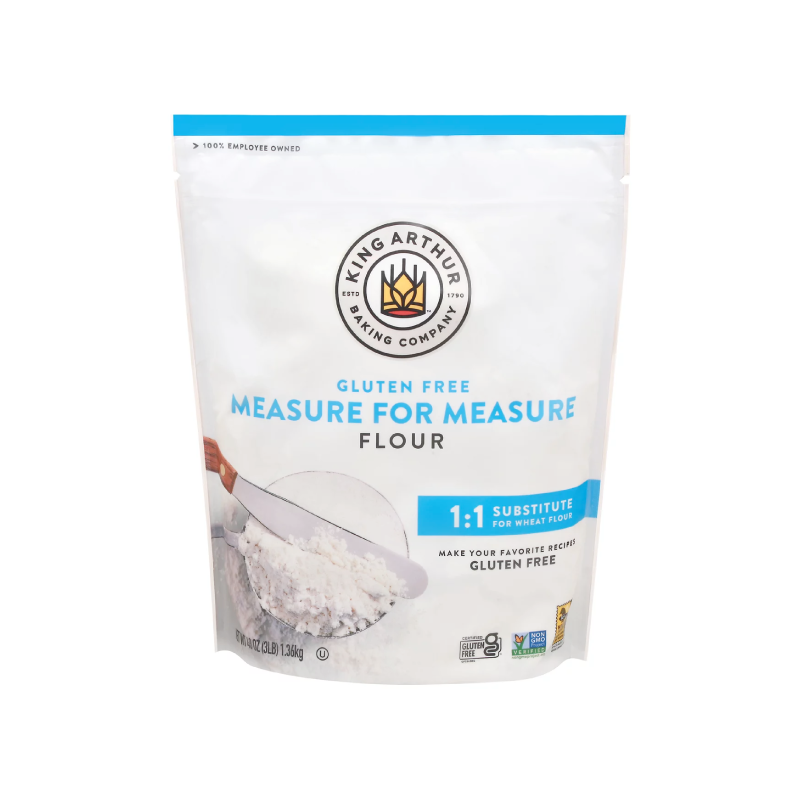
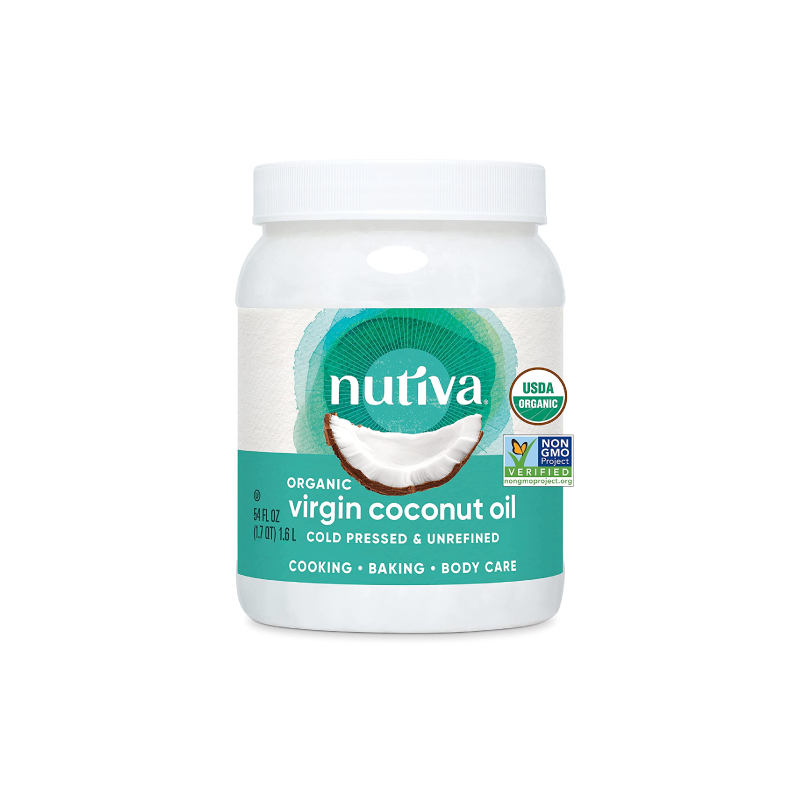
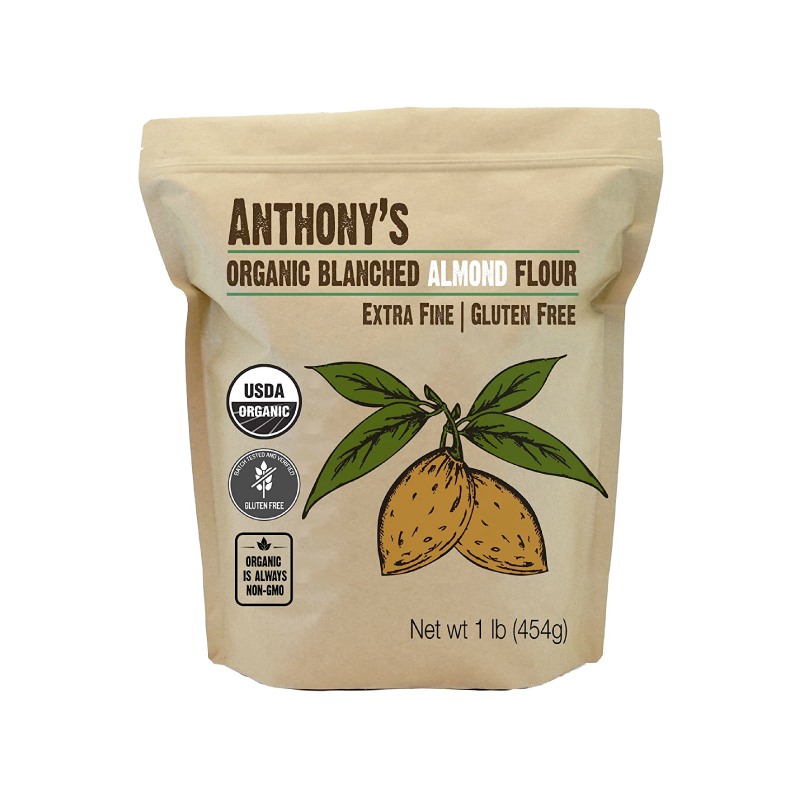
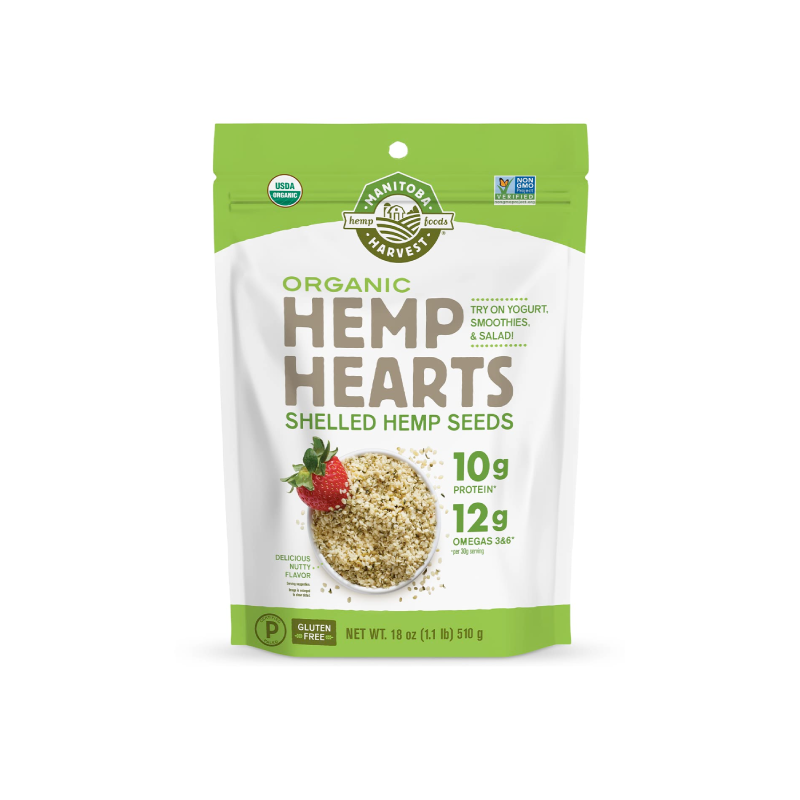
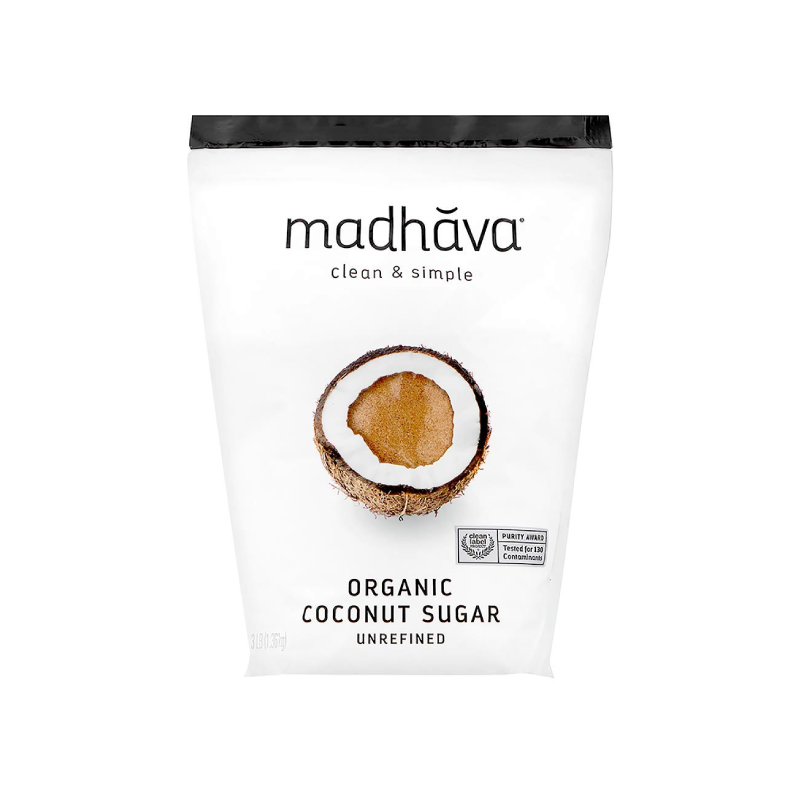
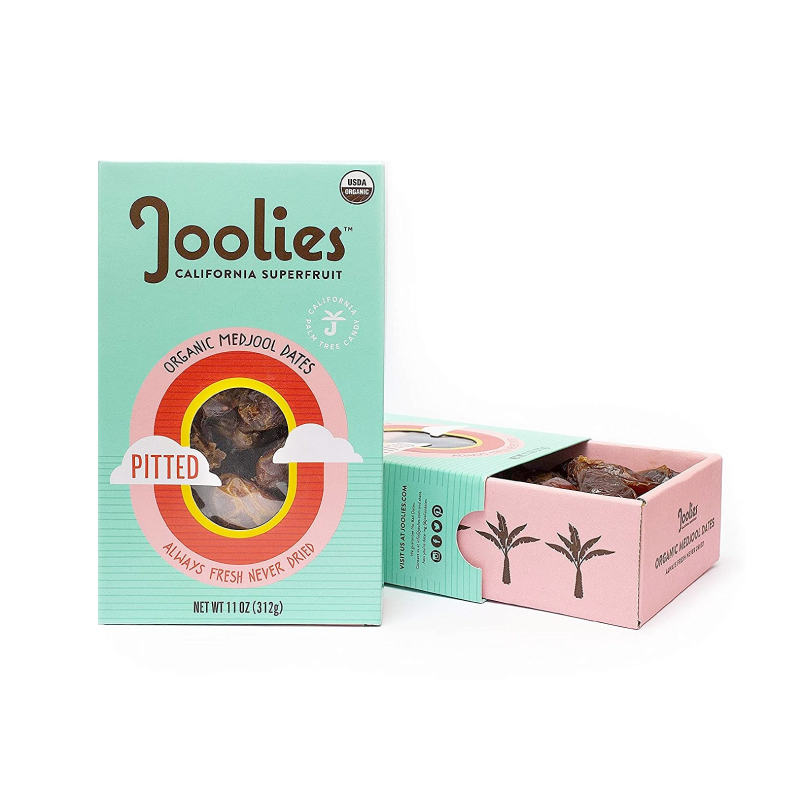
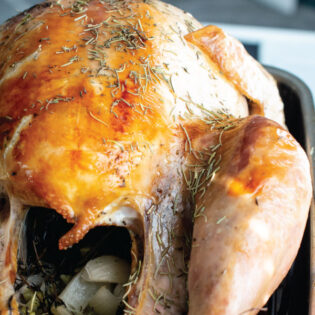
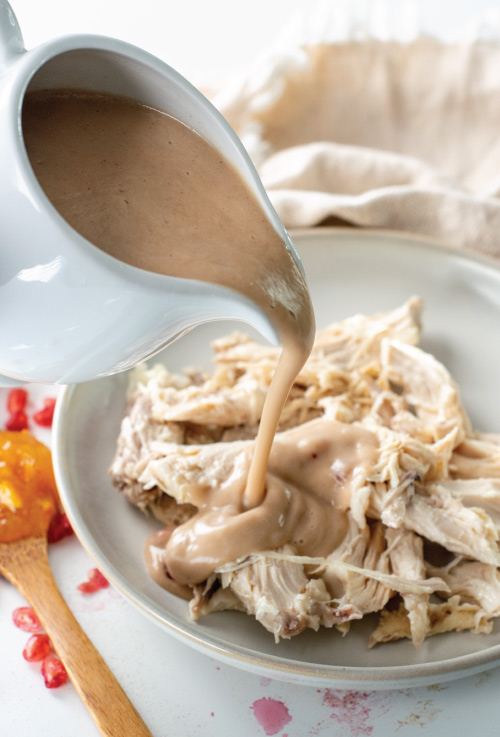
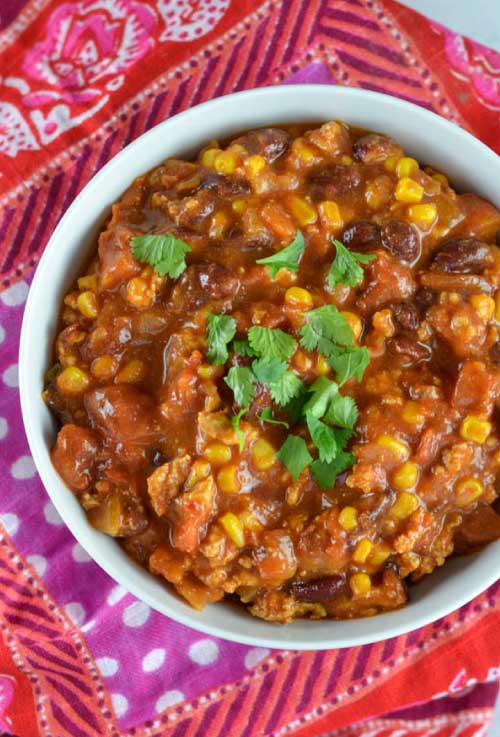
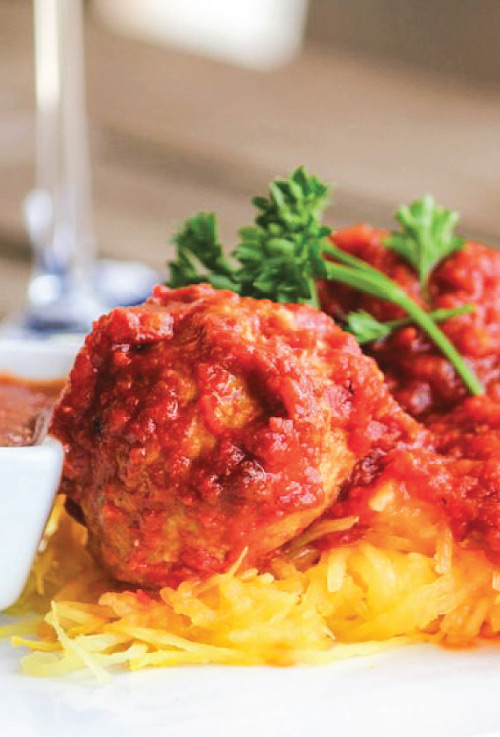
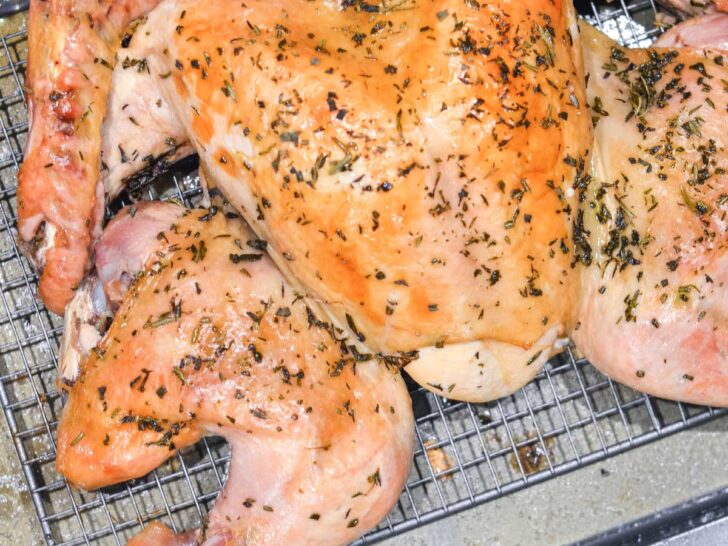

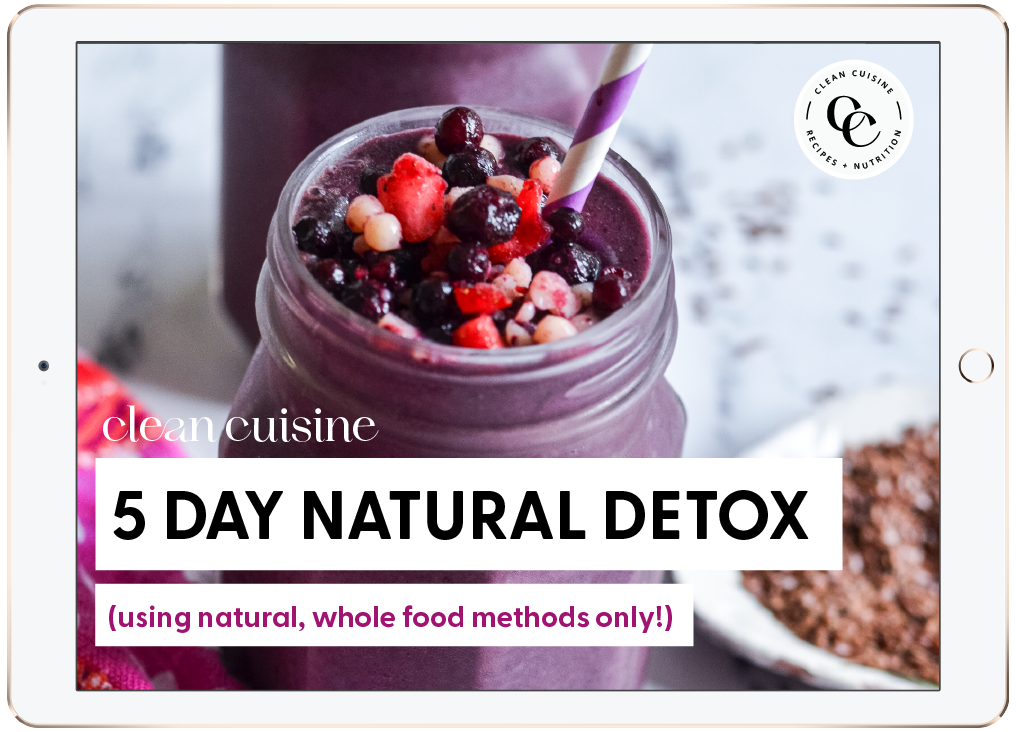

laurie
Saturday 22nd of November 2014
where is your location?
Andy Larson
Sunday 30th of November 2014
We are based out of Palm Beach Gardens, Florida, about an hour north of Miami, Florida.